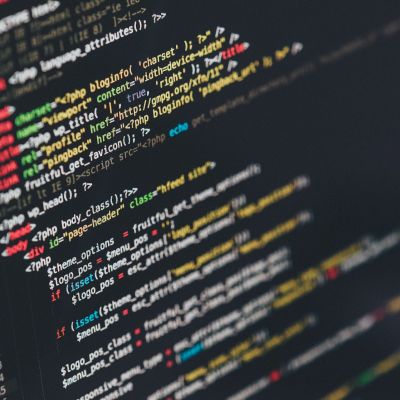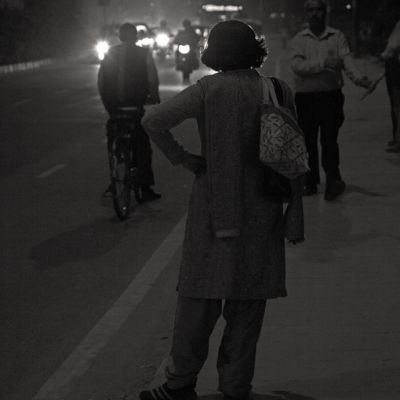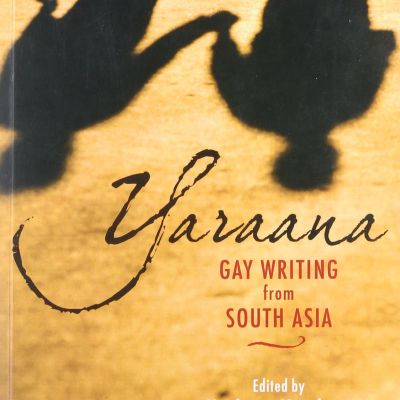Voices
अपनी परिभाषा, अर्थ और लांछन के आस-पास की अस्पष्टता के कारण यौनिकता एक अछूता, अनदेखा, और मनाही का क्षेत्र बना हुआ है।
ज जब मैं अपनी माँ और चेची के अनुभवों के बारे में एक इंटरसेक्शनल यानी अंतर्विभागीय नारीवादी नज़रिए से लिख रही हूँ, तो मैं यह सोचती रह जाती हूँ कि उनके शारीरिक और भावनात्मक श्रम का भुगतान कौन करेगा।
एक समय ऐसा था जब मैं भी लड़कियों के लिए बनाई जाने वाली हर चीज़ से सिर्फ इसलिए दूर भागती थी क्योंकि मुझे लगता था कि नारीवादी दिखने के लिए एक खास तरीके से दिखना और व्यवहार करना आवश्यक है।
आख़िर डिजिटल माहौलों पर अपना हक़ जताना… मटरगश्ती ही तो है, ख़ासकर अगर वे माहौल वासना, रोमांस, सेक्स, और आनंद पर केंद्रित हों।
अपने बच्चों को बाहरी दुनिया की बुराइयों से बचाने की अपने यक़ीन के कारण भारतीय परिवार इस सच्चाई को नज़रअंदाज़ कर देते हैं कि बच्चों को भी दुनिया को समझने के लिए तैयारी की ज़रुरत होती है।
मां बनने के बाद से आत्म-देखभाल पर मेरे नज़रिये में बहुत बदलाव आया है। एक अभिभावक की भूमिका निभाते हुए और उसकी चुनौतियों का सामना करते हुए अपना ख़्याल कैसे रखा जा सकता है?
I believe that queer friendships and intimacies are sheer resistance, which not only swallow the despair and pain that might be perpetrated on gender-nonconforming people by their families, but also recognise all the lies about love that have been sold to us.
There is someone in my life who had a terrible childhood, has had several liaisons and whose father married twice. He says that he hated his father. How would his father react to his son’s liaisons if he were alive? If I love a cyborg or a person of the same gender, how will my father react?
While the idea of older adults and sex is a taboo in itself, the idea of older adults exploring their sexuality, by engaging in same-sex relationships, or by experimenting with the way the look, or by becoming more sexually active, causes even greater discomfort.
Class is a very important factor if you want to associate with “smart” company. Your looks, your fashion sense, your taste in music, your knowledge about international issues and celebrity gossip become very important to belong to “that” bunch of people.
As we sat down brainstorming about what course we were going to take next for As You Are (AYA –…
Invitation cards had been printed. Her parents wanted to get the best of everything for her. She knew that all this generosity came more out of them trying to put up appearances than out of their love for her. Instead of trying to make sense of it all, or to reason with them, she was told to just enjoy this special life event. Once the whole family had arrived, all of her father’s financial worries and her mother’s emotional ones got drowned in the festivities that took place each night. The bright strings of lights flickered all around the house, announcing the upcoming marriage to the world.
Through our discomfort, shame, and often stubborn refusal to rise above heteronormativity, we unpacked a lot of these negative emotions by critically analysing texts that were neither the Kamasutra nor discourses such as Foucault’s on sexuality.
There is no singular way of being queer or performing queerness. We are all products of converging and diverging histories and our queerness is shaped by forces tangible and intangible in the everyday.
Many among us are called names, are greeted with aggressive taunts and jeers on the very streets we boldly occupy at least once every year,so we go on living docilely until the next Pride, when performative reclamation of spaces becomes possible.















